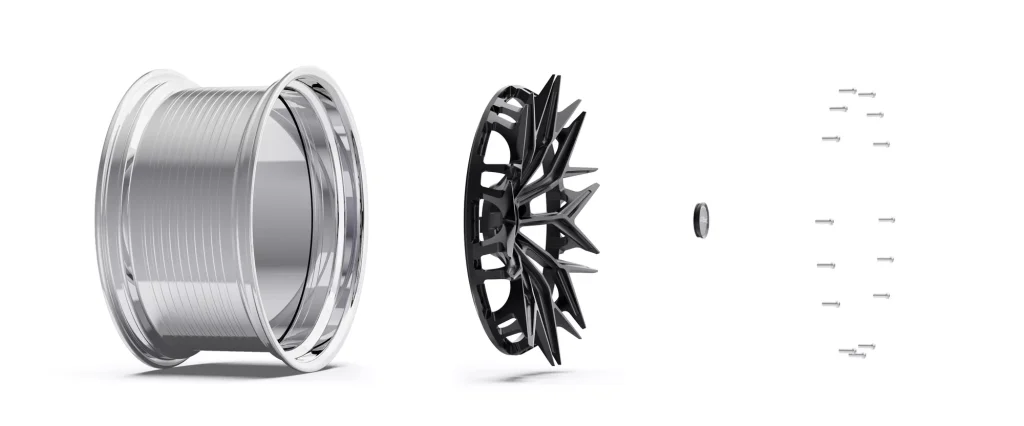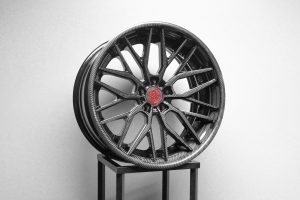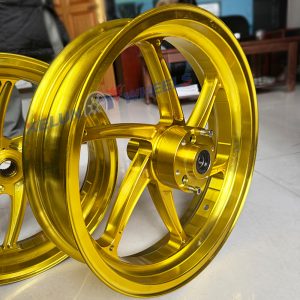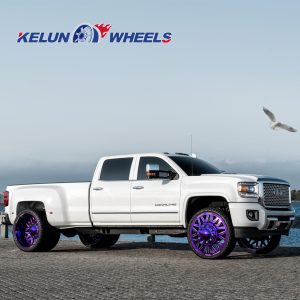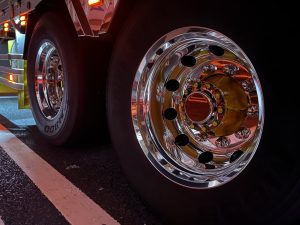-
whatsapp: +8616696837711
-
wheelim@kelunautoparts.com
-
营业时间 24H
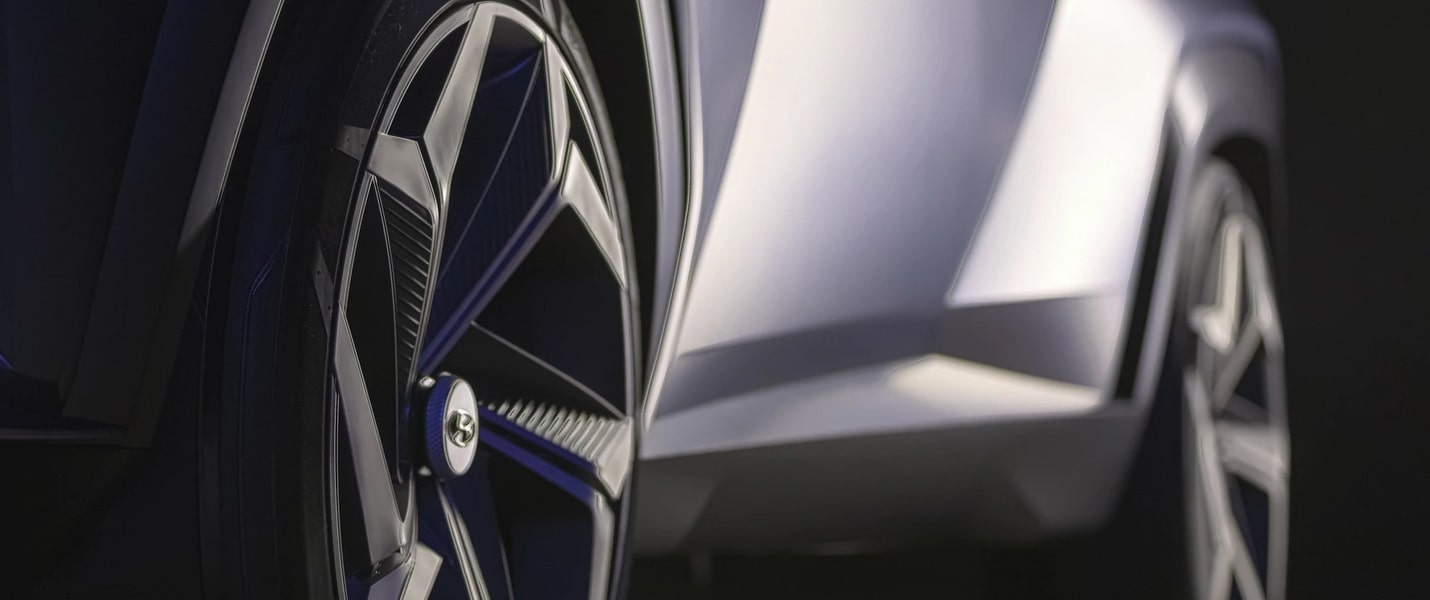
What Difference Does The Wheel Size Make?
Swapping out your wheels for a larger set is one of the most straightforward modifications you can make to your car. Car wheels come in a range of sizes. Wheels make every car look and feel different. If upgrading to a bigger set of car wheels has been on your mind for a while, this article can help. We’ll help you decide what car wheel size is best for you.
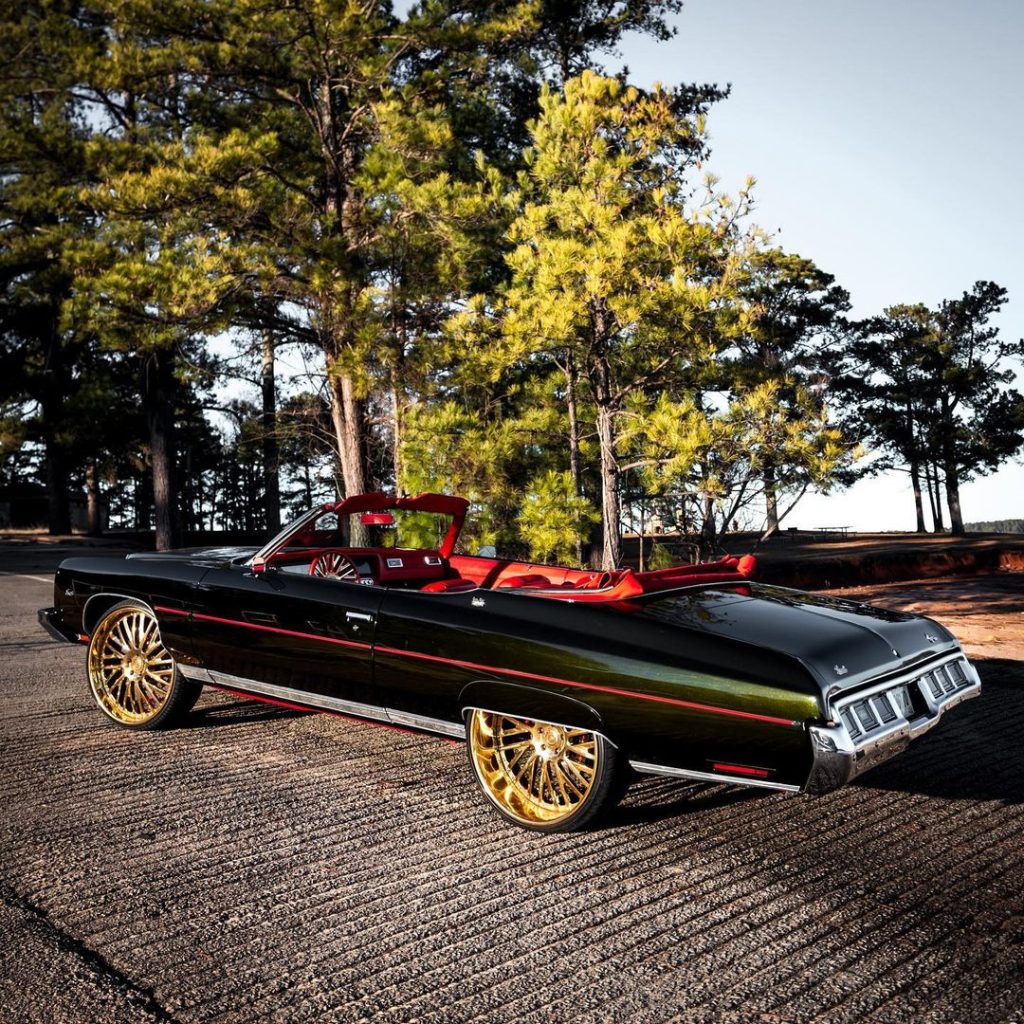
There is a lot of debate about whether wider wheels are better for cars. Undoubtedly, bigger rims and broader wheels significantly improve the car’s aesthetics; however, the wheel and tire size impact handling, fuel economy, and noise. We decided to deep-dive and bring the answers right to you.
Wheels And Stability
One of the most significant benefits of larger wheel size is increasing the vehicle’s stability because the wheels cover a wider surface area and increase vehicle stability. Larger wheels significantly reduce the braking distance, while smaller wheels require a greater stopping distance. The shorter the braking distance, the better it is. The greater the contact with the road, the better the stability.
The Need For Speed
When it comes to car speed, wheel size has two major impacts. Larger wheels increase the weight or the load of the vehicle and reduce acceleration. It is important to note that bigger wheels mean you can reach a higher top speed, but the time you take to get that higher speed could be significantly longer.
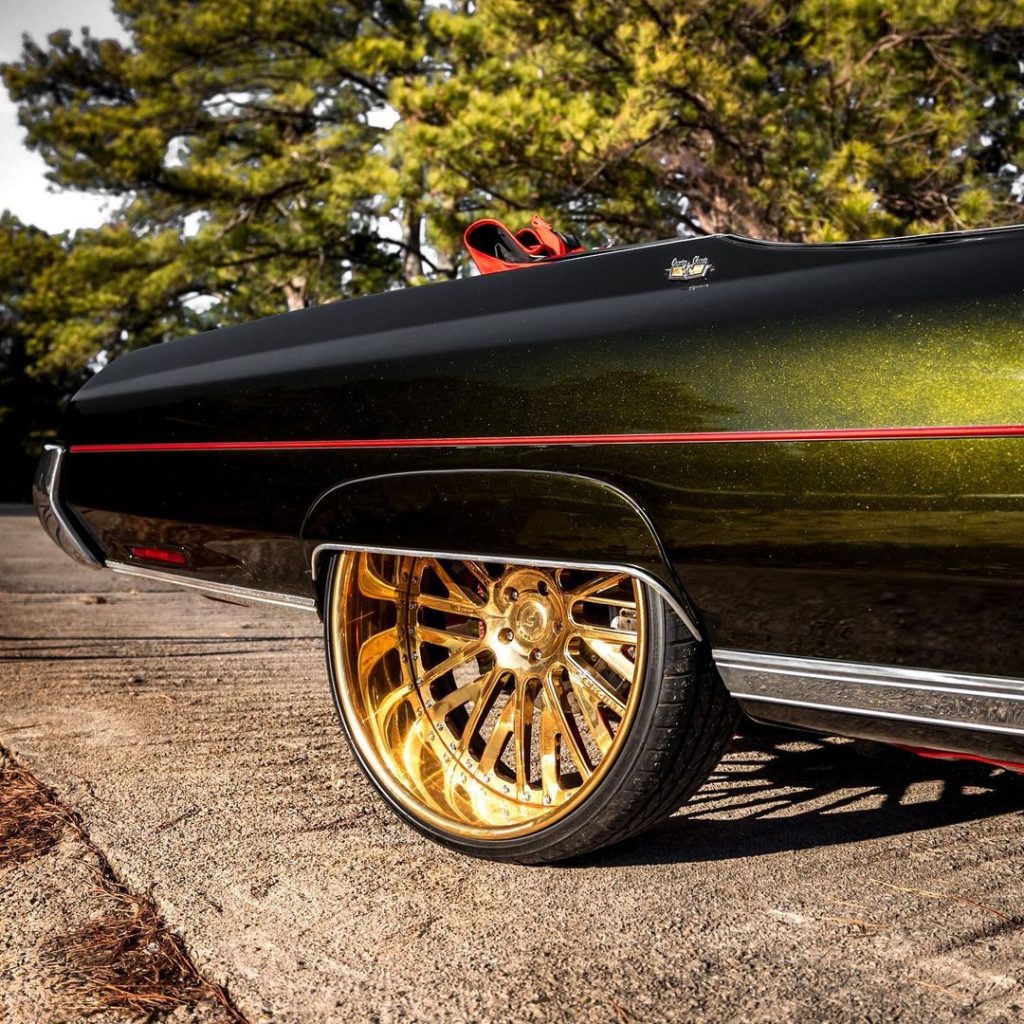
Impact On Comfort
Larger wheels make the ride a little rough and hard. The bigger wheels make you feel the impact of every bump, unlike with smaller wheels. Larger wheels create more vibrations in the vehicle, resulting in more noise inside your car, making for a less comfortable drive.
Fuel Economy
The larger the wheel size, the more your fuel consumption. The simple reason is, that your vehicle combusts more power to roll bigger and broader wheels along the road surface. Tire technology has improved, and manufacturers manufacture modern wheels to help reduce fuel consumption. However, a lot depends on which vehicle you have. If you have a car with an engine with higher horsepower, you won’t be significantly affected by wheel size.
Suspension
Suspension is the thing that makes your ride comfortable. It is a layer of various components such as springs and dampers, added to the car to absorb all kinds of shocks and bumps. The suspension is responsible for absorbing all the impact from the road and reducing all the kinetic effects while driving.
Loading Capacity
This one is basic science. The larger a surface area something covers, the more weight it can support. Similarly, larger wheels have a better grip on the ground and improve the load-bearing capacity of the vehicle.
Rolling Resistance
Larger wheels significantly reduce rolling resistance. It is not advisable to take sharper turns with a larger wheel vehicle because you risk overturning. If sharper turns are something you cannot avoid, then larger wheels are something you totally should.
Summary
Everything has pros and cons, and larger wheels are no different. To help you decide better, we will take a quick look at the pros and cons in case you have an upgrade in mind.
The cons of larger wheels on your vehicle are poor fuel economy, impact on acceleration, speedometer errors, and faster wear and tear. The more power the engine needs, the more fuel it burns and the more you’ll need to spend on gas. Larger wheels make the steering hard and the acceleration slow. There are also some issues with the speedometer when the modifications are done because the car’s system is calibrated according to the standard components of the car and making modifications to the car makes the system malfunction. The more significant impact is that the car’s safety system might not respond accurately and timely.
Some advantages of larger wheels include traction, better cornering and braking, and better aesthetics. Larger wheels offer better traction, and because they have more rubber on the tire, this also means a better grip on the road. Larger tires are better for car cornering and handling than your regular tires. They also reduce the braking distance and improve braking overall, adding to safety.
